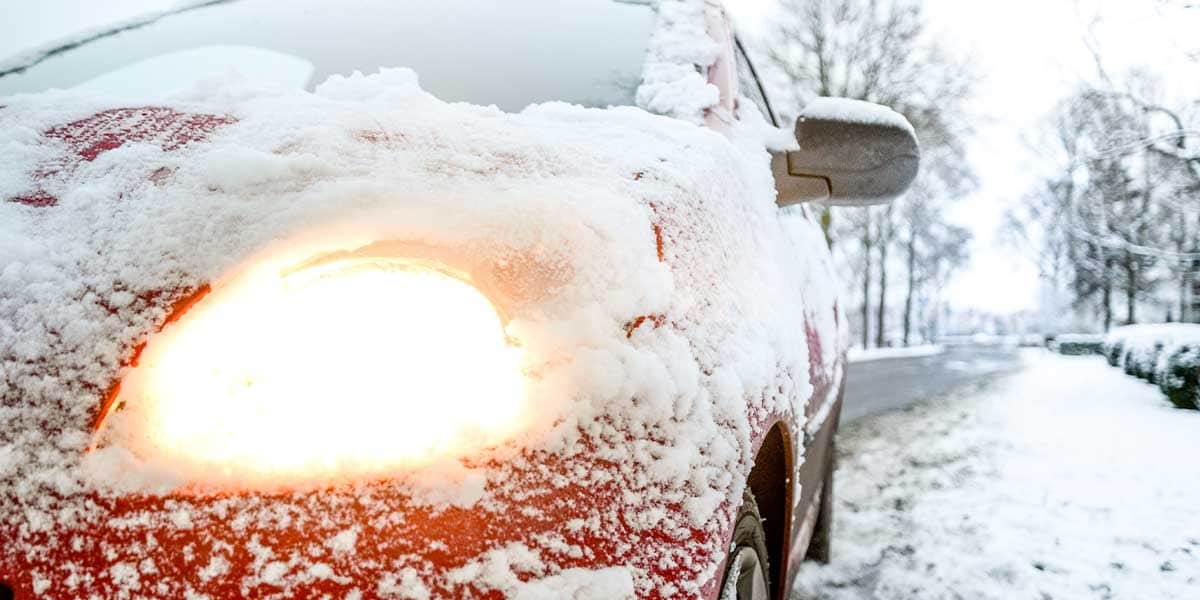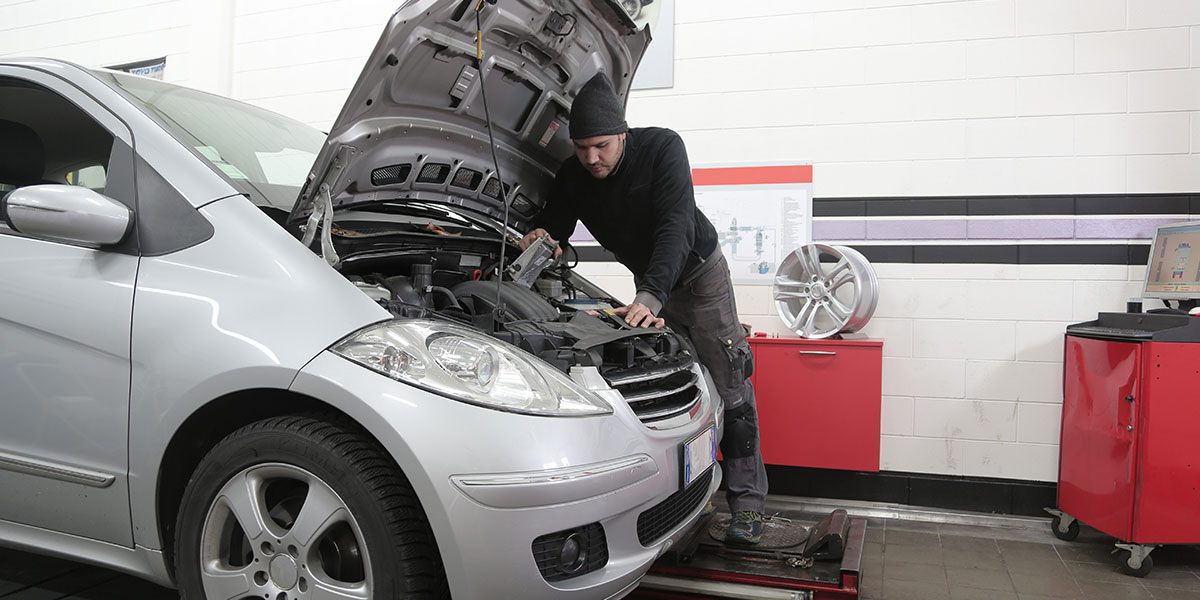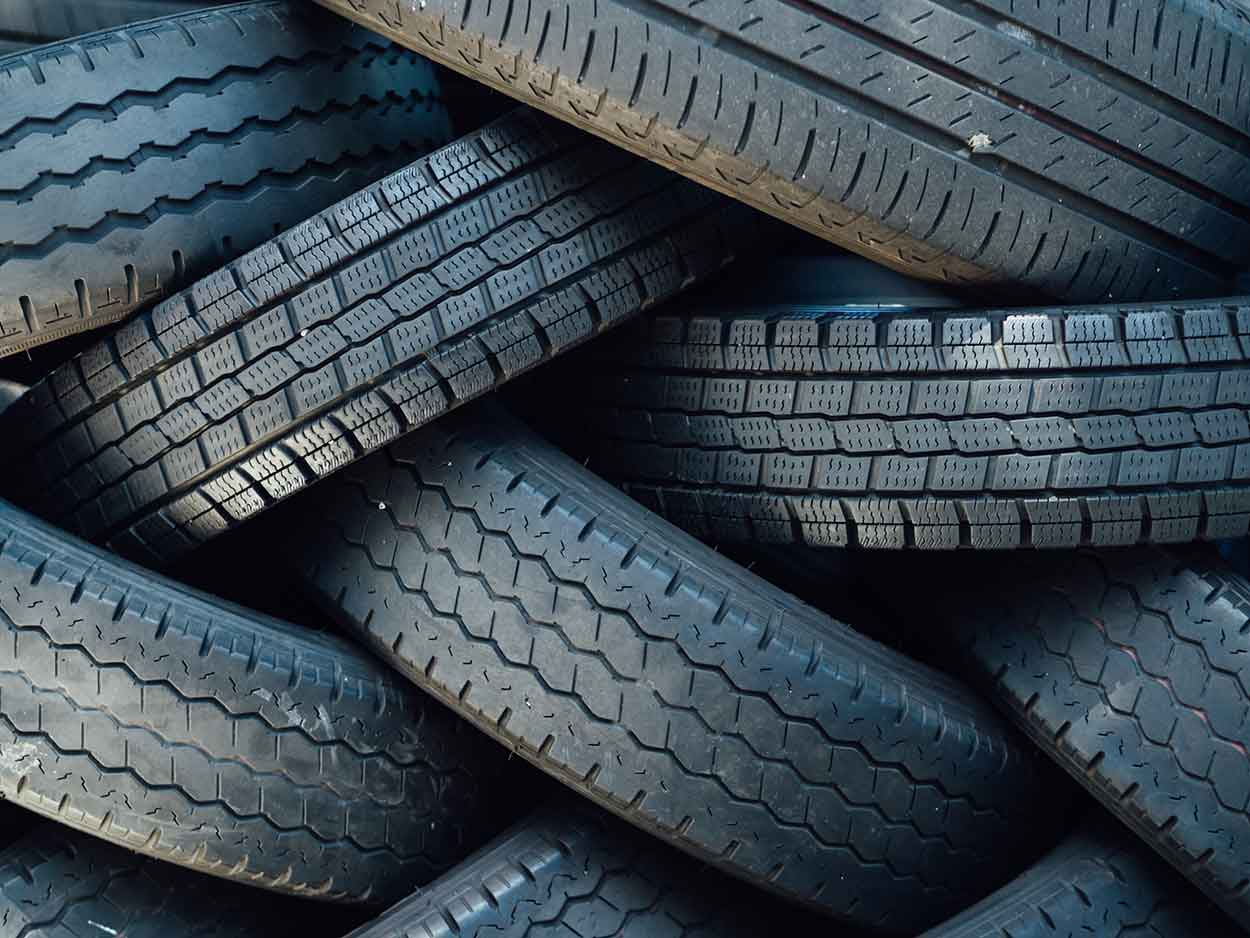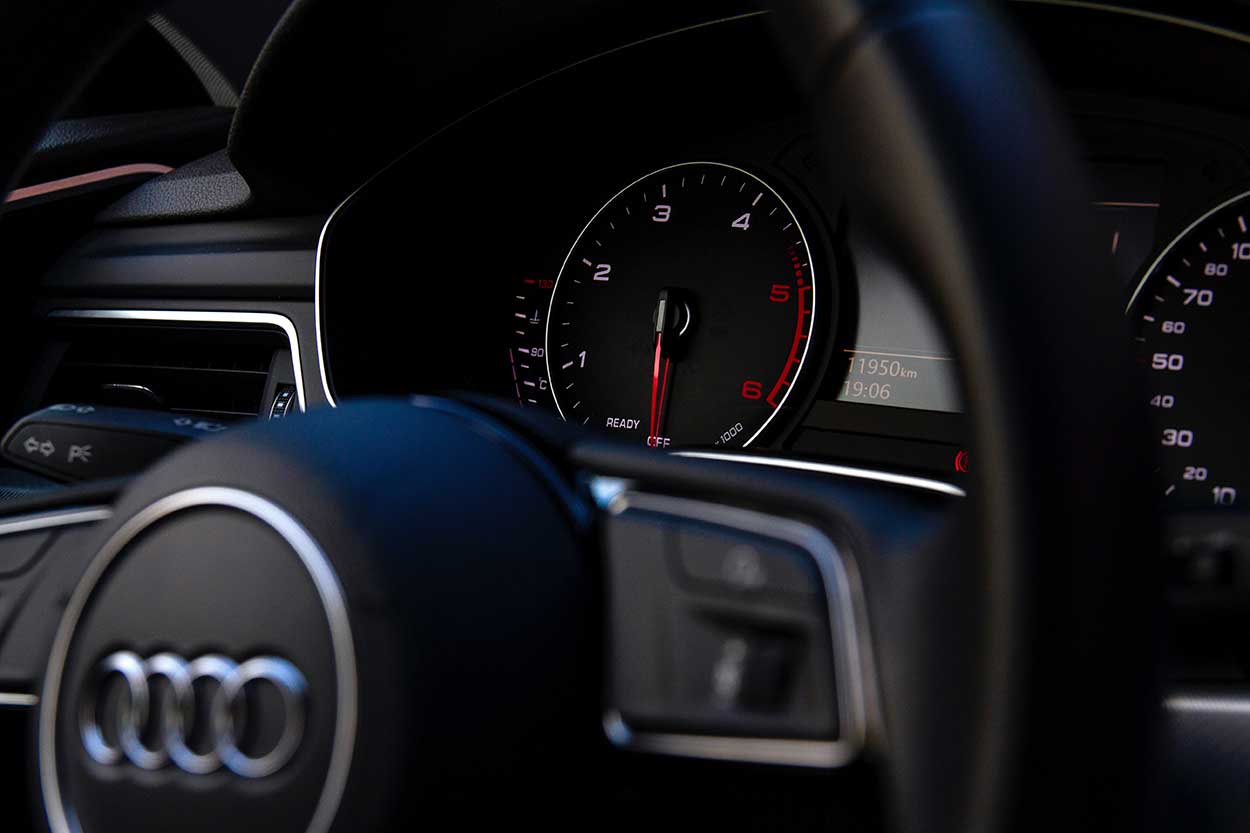Winter is on the way and to help you prepare, we’ve put together a roundup of the most common cold weather car problems. No matter how new your car is, many of these issues will often pop up. The good news is, we’ve also got solutions! Read on to find out more about the 10 most common cold weather car problems and how to fix them.
1. Frozen windscreen wipers
Icy conditions can leave many motorists struggling with frozen windscreen wipers. This is especially problematic in the mornings when the wipers can stick to the windshield and refuse to budge. Forcing them can tear the rubber wipers and damage the electric motor that operates them – not to mention scratch your glass windscreen.
Problem solved
Keep a can of de-icer on hand and give your windscreen a good spray before jumping into the driver’s seat. Another good solution for this cold weather car problem is to invest in winter wiper blades.
2. Spark plug failure
When temperatures dip, your spark plugs can take a hit. This means they can’t generate the combustion needed to start the engine, which will leave you high and dry. It’s one of the most common cold weather car problems, but luckily, it’s easy enough to fix.
Problem solved
Check your spark plugs before winter arrives and replace them if necessary. Don’t wait until you turn the key and your engine doesn’t start. Chances are, this will happen on the coldest and most inconvenient day of the year.
3. Chilly interiors
There’s nothing quite as uncomfortable as getting into a freezing car, only to find that your heating has packed in. This is one of those cold weather car problems that many people are all too familiar with.
Problem solved
A faulty thermostat is one of the most common culprits for this issue. Other possibilities include a clogged heater core or a drained antifreeze canister. Depending on how confident you are with cars, you can check these yourself or book your vehicle into the mechanic for a checkup.
4. Dead batteries
Batteries can be especially problematic in the winter, with most losing around 35% of power when temperatures drop to 0°C. In extremely cold conditions of -17°C or lower, batteries can lose up to 60% of their power. Pair this with the fact that kickstarting engines in cold conditions can drain up to 50% more energy, and dead batteries are one of the most common cold weather car problems.
Problem solved
Unless your battery is less than one year old, it’s best to get it tested before winter weather rolls in.
5. Frozen parts
Batteries and spark plugs aren’t the only things that can cause your engine to lie dormant. Issues like frozen petrol in the fuel line and viscous engine oil can prevent your car from turning over.
Problem solved
If you don’t have access to a warmer location to park your car overnight, such as a garage, an engine block heater can be a good solution for this cold weather car problem.
6. Deflating tyres
Cold weather can cause your tyre pressure to be all over the place. To be more specific, a drop of around 12°C can drain around 1 PSI. If your pressure falls too low, it can compromise things like handling and traction.
Problem solved
Checking your tyre pressure regularly is the best way to stay on top of PSI in the winter. Another option is fitting your car with winter tyres.
7. Wheelspin
Speaking of wheels… Slippery road surfaces can make driving far more challenging in the winter.
Problem solved
Check your tyre tread before December. Avoid driving in icy conditions if possible, and if you must get behind the wheel, stick to a low speed and a high gear to improve grip. Maintaining a 10-second gap between cars in front of you is also essential.
8. Corrosion and rust
Corrosion can leave many motorists feeling salty about winter weather… literally. While salting the roads helps to melt snow and ice, it can also take a serious toll on your car. As well as corroding external parts, salt can also infiltrate the engine and damage components. This is one of those cold weather car problems that affects motorists across the country.
Problem solved
Wash your car regularly throughout the winter. Even a quick hose down can wash away salt and help keep your car in tip top condition. Don’t forget to give the undercarriage and wheel wells a good spritz!
9. Frozen lock mechanisms
Heavy rain followed by a sudden drop in temperature can wreak havoc on car locks. Water can freeze in the mechanisms, which can prevent motorists from unlocking their doors. Talk about annoying!
Problem solved
Grab your can of de-icer and give the lock a quick spray. Another option is hand sanitiser. Never try to force a key, as this can lead to even more damage.
10. Dodgy handling
Unfortunately, many older cars just don’t offer the same responsive handling as newer models.
Problem solved
Sometimes the best solution is simply to upgrade to a newer vehicle – and there are plenty of fantastic options for winter driving. When it comes to snow, the Suzuki S-Cross is a sturdy family SUV with loads of room for all your winter jackets, ski gear and more. It’s also packed with advanced safety features, which make driving in challenging winter conditions a whole lot easier.
For all-electric models, we’re seeing lots of interest in the Volvo XC40 Recharge. This compact SUV offers an electric range of almost 260 miles, plus all the top-tier safety features you expect from the Swedish brand.
If you’re on the hunt for a hybrid, the Honda HR-V is more than capable of taking on wild winter weather. Little luxuries like heated seats will keep you cosy all winter long. It also features intelligent technology, like automatic wipers that detect the first drops of rain. Perfect for the drizzly British winters!
Upgrade your wheels this winter
Are you thinking about upgrading to a new set of wheels for the winter? We can get you into the driver’s seat of your dream car with competitive finance options, tailored to you.
Whatever you’re thinking of buying, we can match your application with lenders from our extensive panel. We work with a large variety of lenders, which gives you the best possible chance of success. What are you waiting for? Give us a call to find out more about car finance and get the ball rolling. Or check out our car finance calculator to determine exactly how much you can borrow.
Rates from 9.9% APR. Representative APR 12.4%
Evolution Funding Ltd T/A My Car Credit
Require more help?
Got a question you can’t find the answer to, or need some advice and guidance around taking out car finance? Our Car Credit Specialists are friendly, experienced, and here to help so get in touch today!









